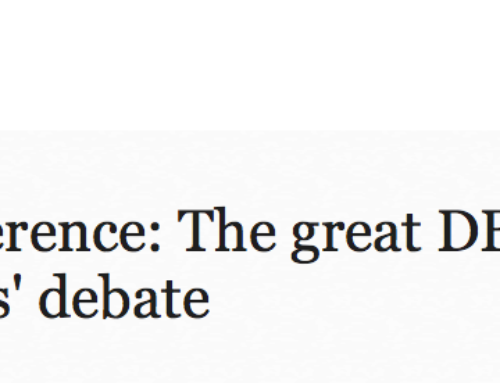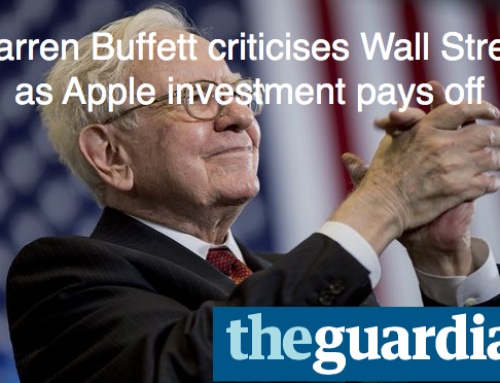exemplary superfiduciary stewardship of the evergreen flow of change, and co-creative, collaborative and evolutionary adaptation to change that is the true pulse beat of prosperity, and the real story of human history
One reason we need Evergreen Labs for superfiduciaries is to help them develop proficiency at riding the ebb and flow of change, and evolutionary adaptation to change, as financial fiduciaries of public trusts that are so large, so purposeful and so evergreen in their ongoing-ness as to make them also physical fiduciaries for all of us.
Part of that development includes developing a proper sense of history, because the past is prologue to our future. To see how changes taking place in our economy today are creating the need and the opportunity for co-creative, collaborative and evolutionary adaptations to those changes tomorrow, we have to study the history of how adaptations evolved today in to meet the needs and opportunities created by the changes that took place yesterday.
This is, in part, the history of wars and kings and governments and politicians and social reformers that many us remember from our school days (not always with any great fondness). Also, it is so much more than that.
It is the history of
- knowledge, learning, ideas and technology
- society, community, caring, culture, competition, conflict and collaboration
- enterprise, economy, work and wealth
- space, place, distance, time, horizons and limits, weights and measures, money and authority, the balance between people and people
- ethics and identity, the balanced between the individual and the shared
- morality and authenticity, the balance people and planet, and what is beyond the planet
I don’t like the word “emergence” – because emergence implies something that pre-exits, fully formed, and just needs to separate itself from the chaos of its environs, human history is more co-creative, and evolutionary, than emergent – in the quote, below, but this posting to The School of Life illustrates the importance of history. Unfortunately, The Book of Life has not yet gone evergreen, and so does not have the benefit of superfiduciary stewardship as the proper context for its otherwise spot-on insight into the purpose of history.
What we nowadays need above all else are good ideas and history is full of them. Imagine you’re dissatisfied with aspects of contemporary Capitalism. It might help hugely to read about the slow emergence of Capitalism in Medieval Europe, so as to be able to trace its positives and negatives




